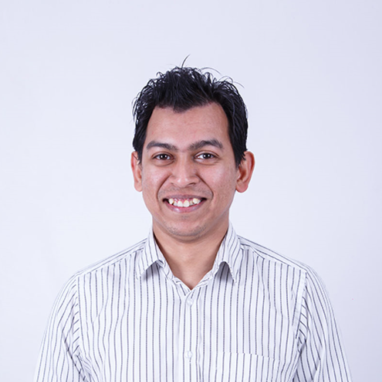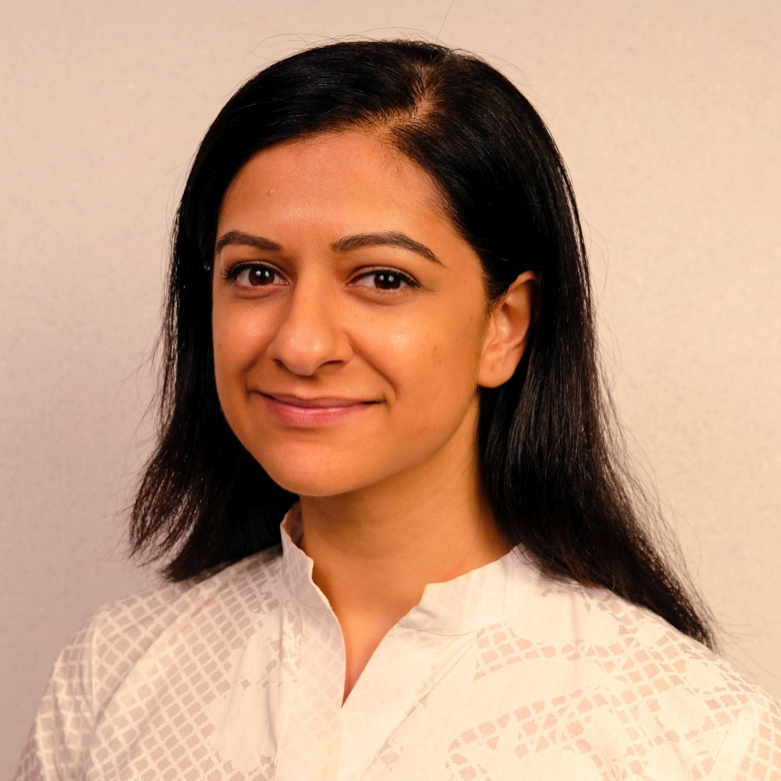May 21, 2019 | by
8:30 am - 9:30 am EDT
Convert Time Zone >>
The apparel industry is globally one of the largest employers of female workers, with women representing 68% of the garment workforce and 45% of the textile workforce (ILO 2014). The global apparel sector faces a variety of well-documented challenges in relation to its female workforce, including low pay, health and safety concerns, irregular work volume and schedules, lack of access to benefits such as health insurance and maternity leave and instances of workplace-based harassment, violence, and discrimination. This webinar will focus on how three different market systems development programs in Egypt, Pakistan and Ethiopia have tackled these issues. We will particularly look at how practitioners engaged private sector partners to build a compelling business case for women’s inclusion and empowerment that delivers value for both the women and the business.
 Nayeem Kashem, Technical Adviser, Arab Women’s Enterprise Fund
Nayeem Kashem, Technical Adviser, Arab Women’s Enterprise Fund
Nayeem is an experienced market systems expert working with both the private and the public sector. He has worked for over 10 years on market systems sector analysis, strategies, measurement and strategic communication. He has worked in agriculture, labour, employment, skills, manufacturing, investment and access to finance sectors in East Africa, MENA region and South Asia. Nayeem started his career working for the flagship Katalyst programme in Bangladesh, subsequently joined DAI as portfolio manager to DFID's flagship economic growth project in Ethiopia called Private Enterprise Program Ethiopia. Nayeem has also been adapting the markets systems approach to women’s economic empowerment through his support on DFID’s Arab Women’s Enterprise programme in Egypt and Jordan.
 Maryam Piracha, Pakistan Deputy Country Director, Market Development Facility
Maryam Piracha, Pakistan Deputy Country Director, Market Development Facility
Maryam Piracha has over eight years of technical and managerial experience in international development and the private sector. She is the Deputy Country Director for Market Development Facility Pakistan, a multi-country private sector development programme funded by the Australian Government which operates in Fiji, Timor-Leste, Pakistan, Sri Lanka and Papua New Guinea. Her core expertise includes strategy design, evidence-based program management, leveraging private sector under the umbrella of agriculture and non-agriculture sectors, integrating gender in challenging contexts and applying principles of market systems development to a diverse portfolio in a large developing economy. She manages a portfolio of over 55 interventions with overall program and team management responsibilities. Maryam has co-authored two papers on how to apply a Women’s Economic Framework in different contexts and on agency measurement in economic programming.
 Suniya Taimour, Business Adviser, Market Development Facility
Suniya Taimour, Business Adviser, Market Development Facility
Suniya Taimour is a development professional with a diverse range of experience in policy analysis, project management, program design, public interest litigation and environment conservation. In aiming to support inclusive economic growth, Suniya has been involved with numerous initiatives globally, such as UNLEASH for piloting a stakeholder inclusive water management prototype in Mexico and development of rural stakeholder policy focusing on proactive regulatory mechanism and gendered norms. Currently employed as the Business Adviser at Market Development Facility- The Palladium Group, Suniya is involved in identifying private and public sector partnership opportunities through implementation of the market systems approach with a focus on women economic empowerment and results measurement.
 Rania Attia, Lead Market Systems Analyst, Arab Women’s Enterprise Fund Egypt
Rania Attia, Lead Market Systems Analyst, Arab Women’s Enterprise Fund Egypt
Rania Attia is the Lead Market Systems Analyst at the AWEF Egypt Project being implemented by DAI Europe and funded by DFID. In particular, she leads the Ready Made Garments (RMG) and Awareness Campaign Interventions. Specifically in RMG, AWEF aim is to improve the competitiveness and growth of the sector by addressing underlying market barriers facing both poor women and private sector players who employ women, such as high costs of labour turnover and designing interventions to eliminate them. Rania holds a Master’s Degree in Economics and a Bachelor’s Degree in Management both with High Honors from The American University in Cairo.
 Hayat Abdul Malik, RMG Sector Lead, Private Enterprise Program Ethiopia (PEPE)
Hayat Abdul Malik, RMG Sector Lead, Private Enterprise Program Ethiopia (PEPE)
Hayat Abdulmalik is a development professional that has lived in Ethiopia and worked on a diverse range of sectors including health, food security, humanitarian and women and girls programming over the last 15 years. More recently, she is leading the RMG sectors work for Enterprise partners (EP), a social enterprise facilitating market development to create jobs and raise income of Ethiopians living with poverty, particularly women. EP is funded by the UK’s Department for International Development (DFID) and is implemented by DAI and its consortium partners. EP is focused on supporting Ethiopia’s growing number of Industrial Parks and its FDI manufacturers do business in Ethiopia, with key interventions that establish viable market-driven labour systems to support the creation of decent job opportunities for youth and women.
This webinar is hosted by The SEEP Network in collaboration with the Arab Women's Enterprise Fund, as a part of the Women's Economic Empowerment in Market Systems Learning Series.
Categories: Past Events

1621 North Kent Street, Ste 900,
Arlington, VA, 22209
P 202.534.1400
F 703.276.1433
Website Photos: © mari matsuri
